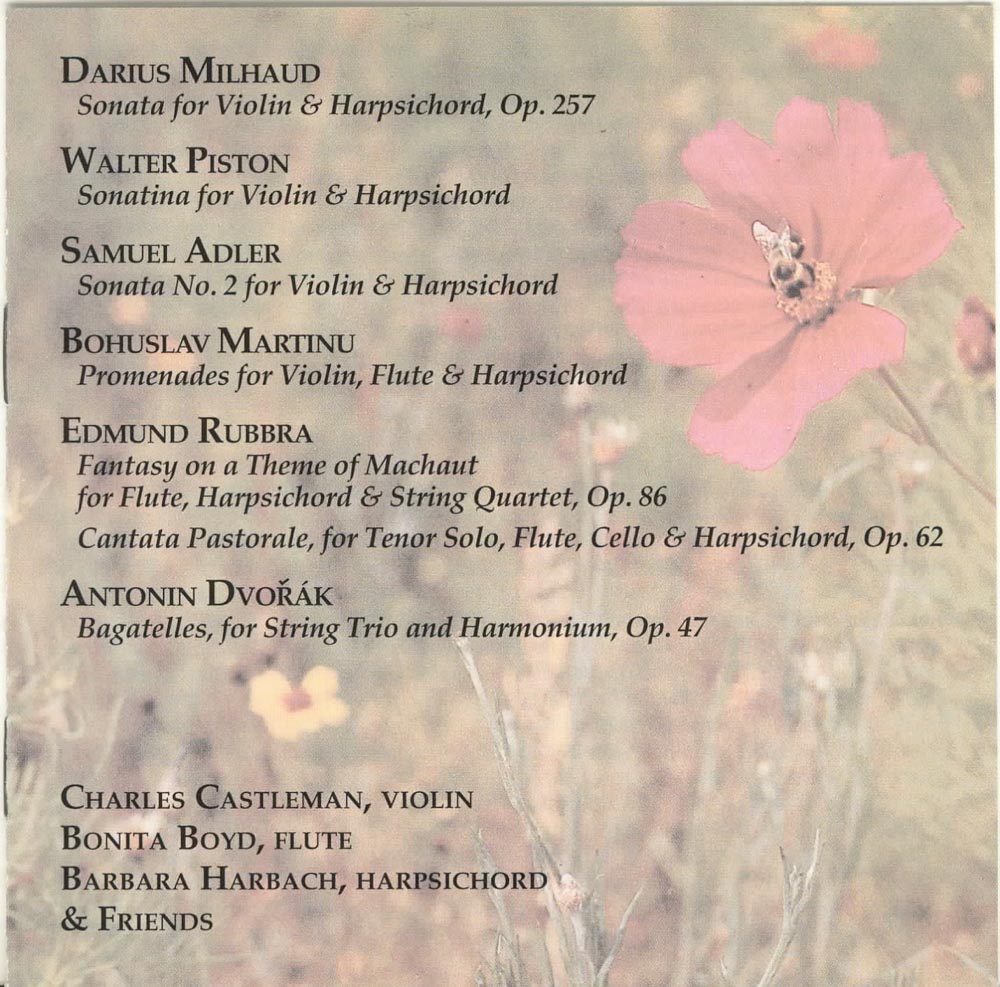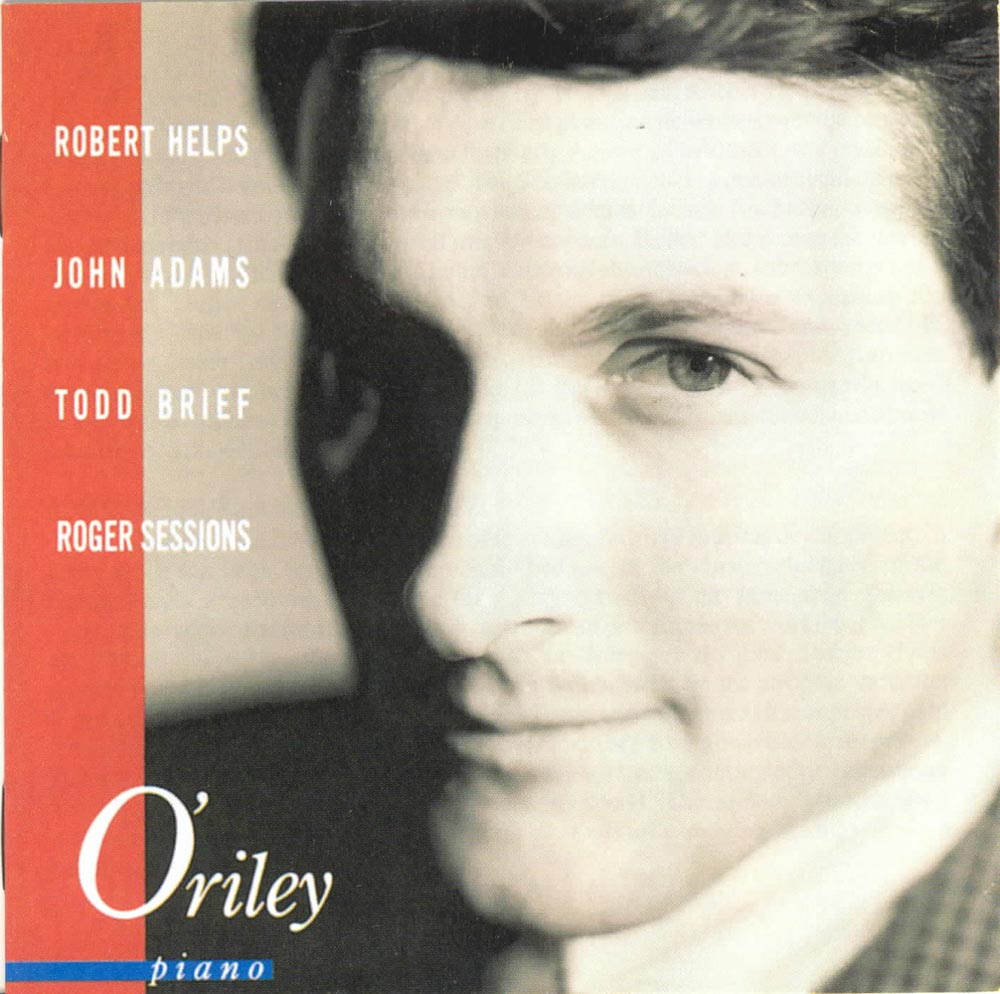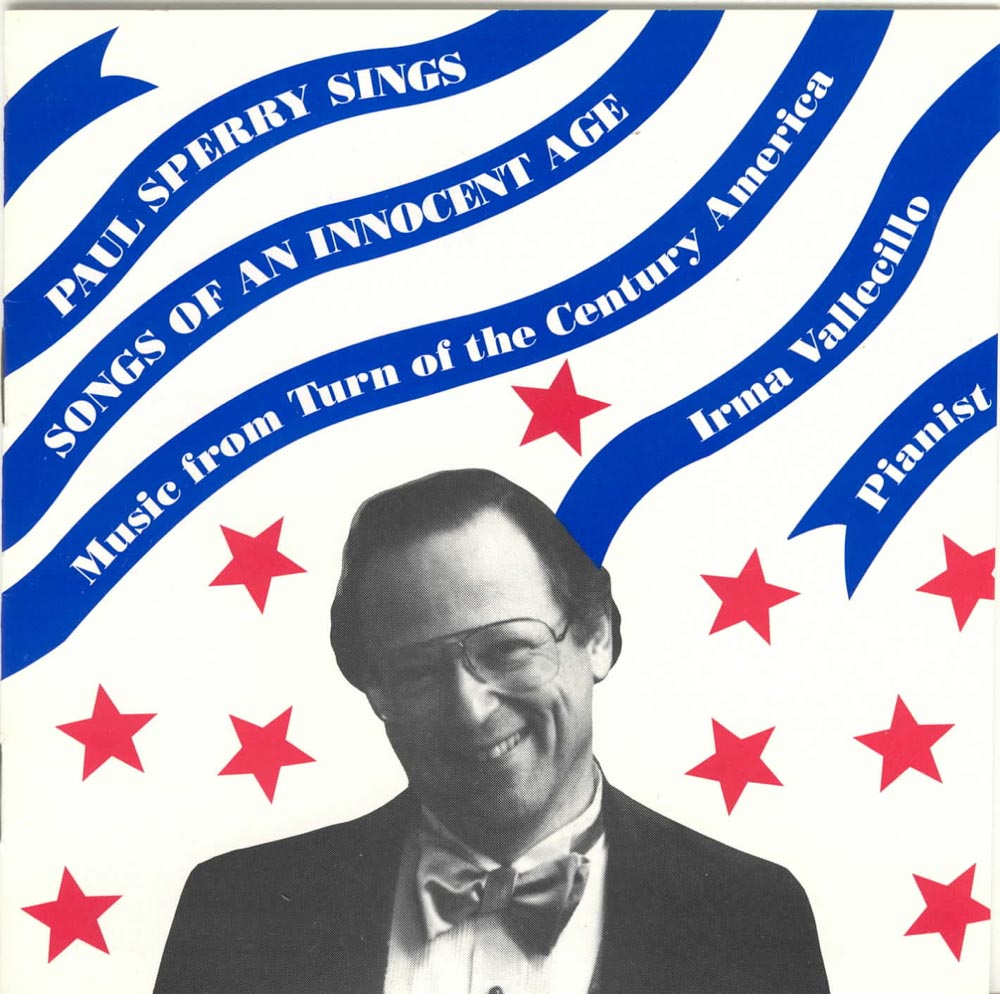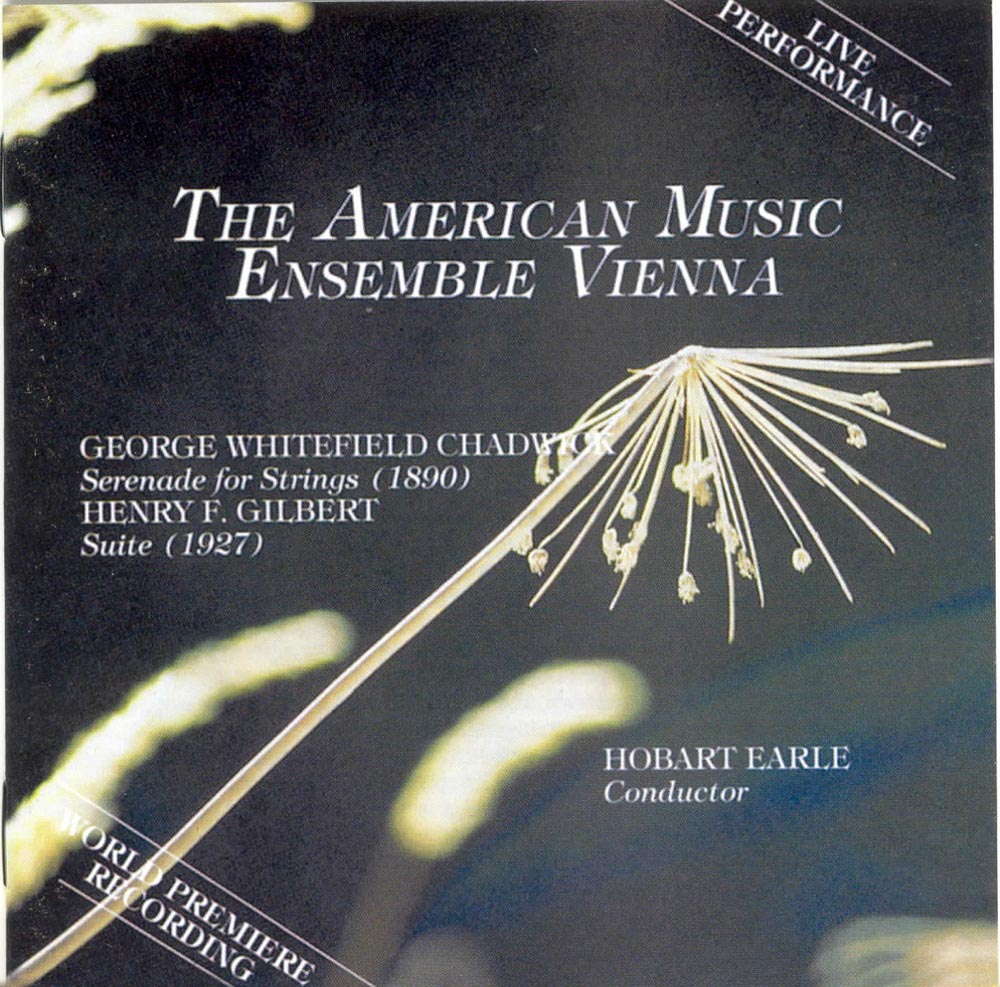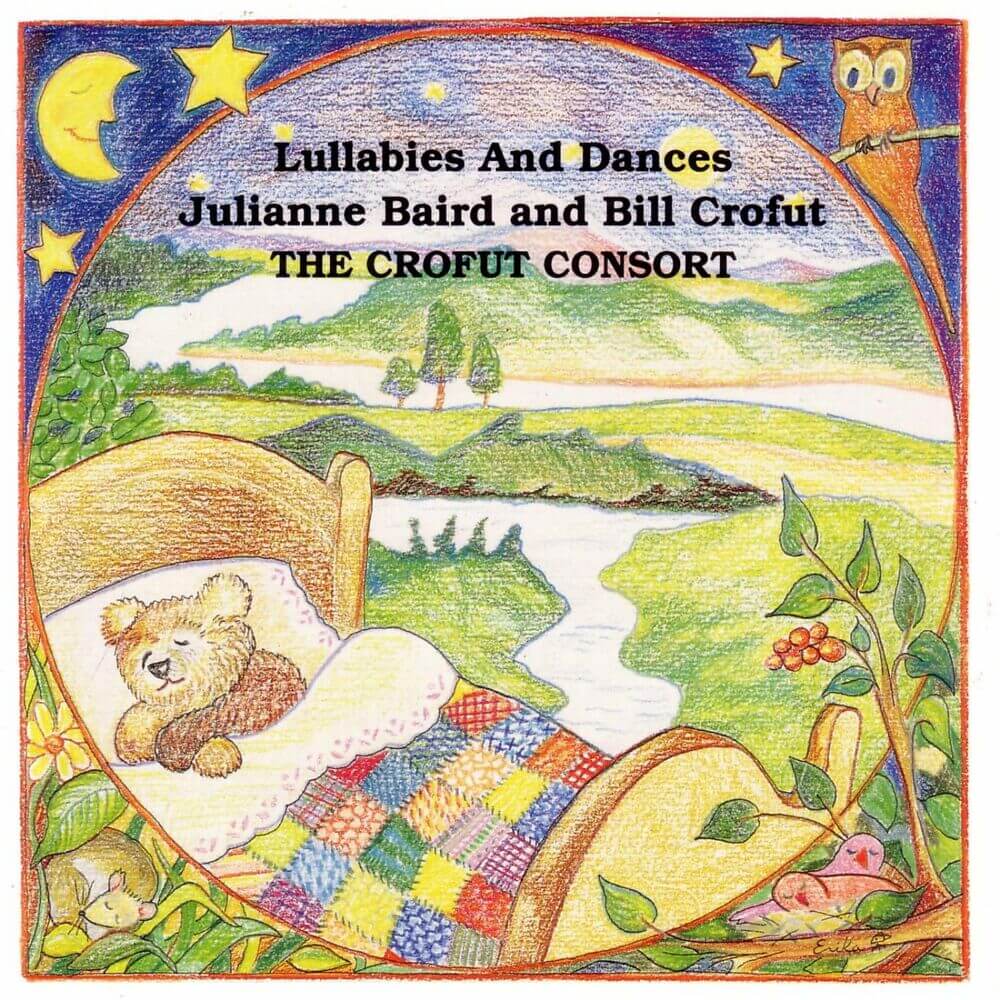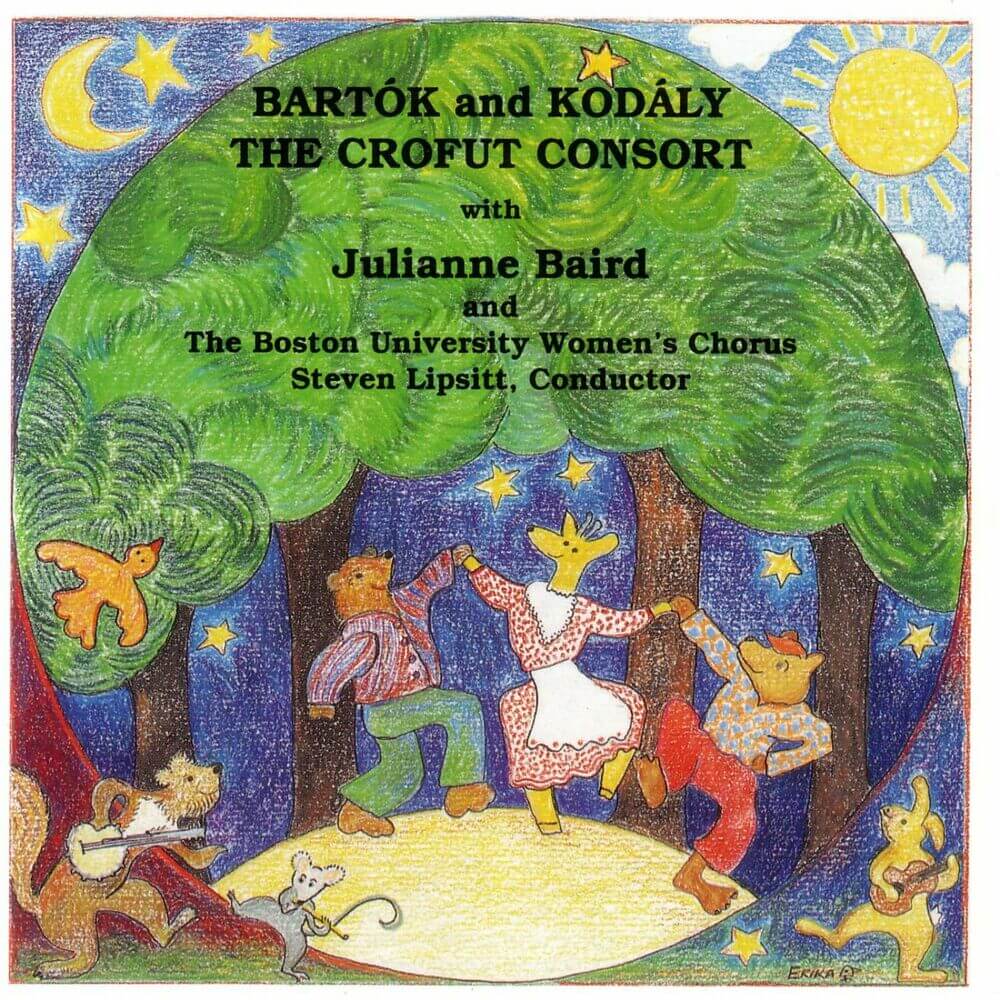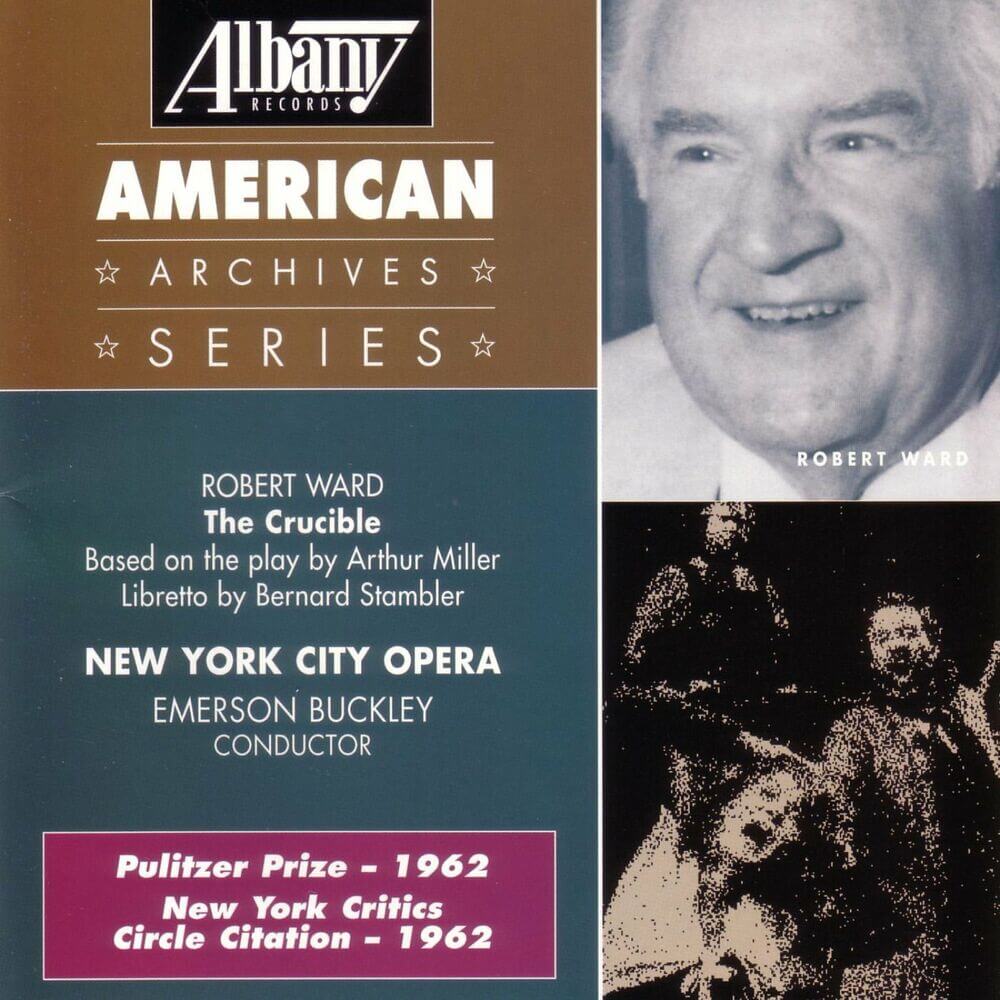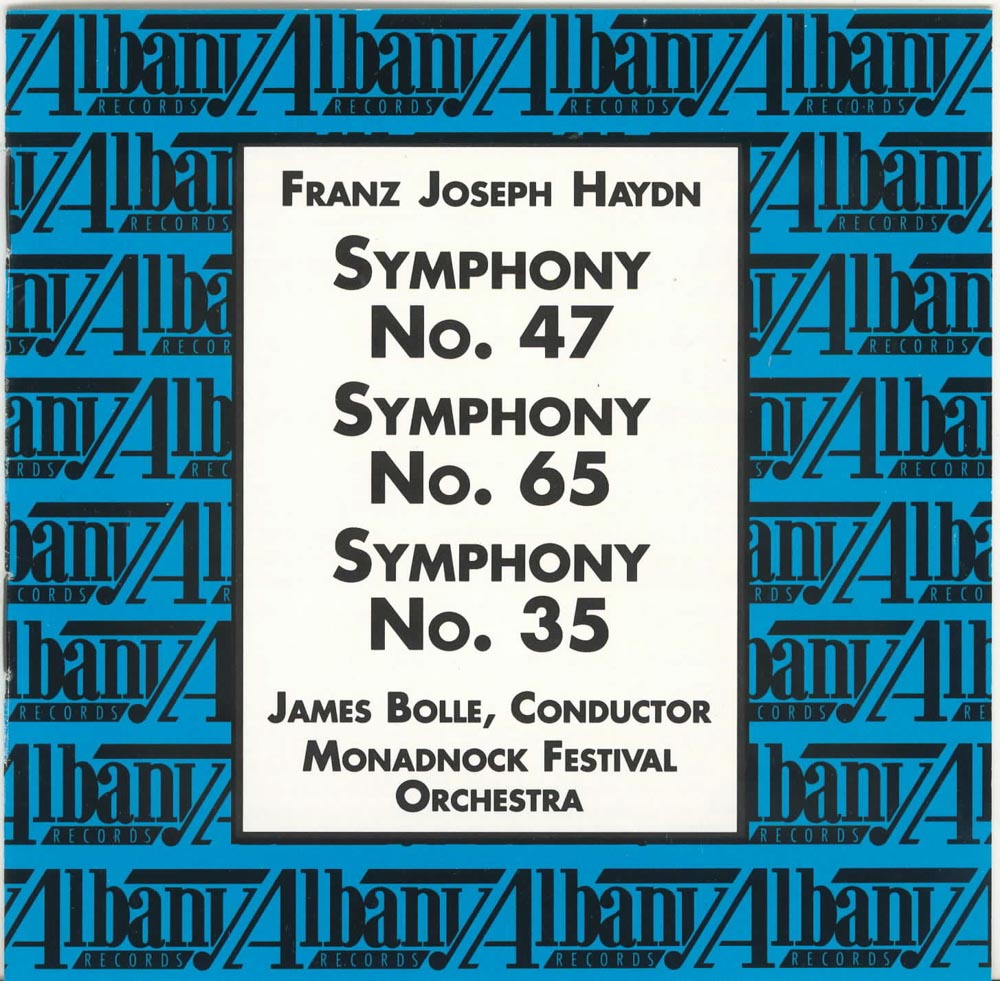Catalog #: TROY0041
Release Date: December 1, 1990ChamberThis collection of chamber music for violin and other instruments includes works by Milhaud, Piston, Adler, Martinu, Rubbra, and Dvorak. Possibly the least known composer for American listeners is Edmund Rubbra, an Englishman who was born in 1901 and died in 1986 on St. Valentine's Day. He produced more than 160 works, a prolific output for a twentieth century composer, and made major contributions to all forms except opera. He developed a unique and unmistakable style which will increasingly be considered to be not a by-way but an integral part of twentieth century music history. Rubbra was born in Northampton of parents who were both music lovers. Cyril Scott heard of Rubbra performing a recital of his music and invited him to study composition. He eventually won a composition scholarship at University College where he studied composition with Holst. Thus Rubbra was taught by two composers with whom he had great natural affinities and interests. All three were interested in Eastern philosophy and mysticism, then highly fashionable in artistic circles, while Scott was an imaginative and at his best, highly original composer who was very sympathetic to Rubbra's aspirations. It was Holst, however, who released in Rubbra his enduring love of counterpoint and introduced him to the rich treasures of English Renaissance music, then only being slowly discovered.
Catalog #: TROY0038
Release Date: December 1, 1990InstrumentalA sonata by Roger Sessions, pieces by Todd Brief, Robert Helps, and John Adams: a thread connects this recital of American piano music written over the past half century or so. Each piece exemplifies a distinctly American treatment of a traditional form or style of composing for the piano. The Sessions sonata is a one-movement work whose infrastructure reveals a three-movement sonata format that Haydn himself might recognize. Robert Helps uses the theme-and-variations form to pay homage to Fauré's lustrous chromaticism. John Adams's two minimalist studies recall the toccata, one of the oldest styles for exploiting the keyboard's capacity for demonstrating varieties of touch, texture, and speed. In Nightsong, which Todd Brief began by improvising at the piano, the composer reminds us of the historic link between composers like J.S. Bach and Chopin, virtuosos who like to improvise at the keyboard, and jazz composers, whose performances consist almost entirely of virtuoso improvisation.
Catalog #: TROY0034
Release Date: December 1, 1990VocalPaul Sperry says: "I first became attracted to turn-of-the-century American songs in 1975 when I started preparing recitals for the Bicentennial celebration. I discovered an enormous repertory of delightful music of which this recording contains only a small sample. Most of these songs were written primarily to be sung in the parlor around the piano, but many were quickly picked up and performed in concert by the leading singers of the day. As tastes changed over the last 70 years, they virtually disappeared from the concert hall, and as record listening replaced live music-making at home, they were abandoned there as well. Thus for a long time, these pieces have been virtually ignored. Happily, tastes are changing again and both singers and audiences are taking great pleasure in this charming music."
Catalog #: TROY0033
Release Date: October 1, 1990OrchestralTaken from live recordings made in Vienna in 1990, these performances represent the world premiere recordings of both Henry F. Gilbert's Suite and George Whitefield Chadwick's Serenade both major American composers of their day.
Catalog #: TROY0048
Release Date: September 1, 1990Children's MusicThis is a recording of folk and classical music transcribed for folk instruments. The connection between folk and classical is sometimes direct, as in Brahms's arrangements of existing folk tunes, or in the folk-based chorale tune of Jesu Joy of Man's Desiring; but more often the connection is one of mood, as in the folk dance-like character of My Lady Carrie's Dompe or the two bourées from Bach's English Suite. In trying to decide what to put on this recording we relied primarily on instinct, a feel for a piece, and whether it would work in transcription for folk instruments; but beyond any intellectual justification was the overriding sense of playing music we love. While the common theme is lullabies and dances, we did get sidetracked occasionally, when we simply wanted to play a particular piece.
Catalog #: TROY0046
Release Date: June 1, 1990ChamberThe world knows Bela Bartok as one of the twentieth century's great composers. Fewer people know of the many miniature masterpieces he composed for young musicians, and even fewer realize that he was a brilliant and diligent scholar of Eastern European folk music. Working 50 years before the term was even coined, he is now considered one of the first great ethnomusicologists, in addition to his formidable compositional achievements. In 1905, shortly after his first contacts with the "pure" music of Hungarian peasants, Bartok met Zoltan Kodaly, a fellow Hungarian composer one year his junior, who was also deeply interested in authentic folk music. Together they founded the Hungarian Music Society and they collaborated in collecting and editing Hungarian folksongs for publication. Close friends throughout their lives, they often performed and championed each other's music. The performers on this recording have endeavored to be true to the original spirit of the music of Bartok and Kodaly in arranging for the group. Sometimes these arrangements have a comparatively logical quality, such as Bartok's Rumanian Dances played by a folk band with cimbalom, whistles and recorders, guitars, banjo and bass. In other cases the sounds are more unusual, such as the arrangement of Kodaly's Ave Maria for voice and low pennywhistles.
Catalog #: TROY0025-26
Release Date: January 1, 1990OperaWhen the final curtain fell and the last notes of the orchestra died away on the opening night of The Crucible, an excited audience thundered its approval. The opera had been commissioned by the New York City Opera. The libretto and score were written in less than a year, the last page of the full score having been completed just 11 days before the first performance on October 26, 1961. In the days that followed, the press was almost unanimous in their high praise of the work and at the close of the 1961-62 season, it was awarded the Pulitzer Prize for Music. The Crucible, play and opera, draws upon the frenzy and anguish of the witch-hunt that took place in Salem, Massachusetts, in the 1690s. Eminent divines, such as Cotton Mather and the Reverend Hale, supplied ample theological proof for the existence of witches. However, in the actual conduct of the witch-hunts the real motives were as likely to be greed, local animosities, and sexual repression as obedience to the Biblical admonition, "thou shalt not suffer a witch to live." Though the composer and librettist have not utilized any texts or musical material from the period, they have, through the use of rugged hymn-like melodies and tunes almost like folk song in character, managed to convey the feelings and atmosphere of the time.
Catalog #: TROY0023
Release Date: December 1, 1989VocalJoseph Fennimore lives, composes and performs in the Albany, New York area. This release is the perfect introduction to his music. As the title suggests, Berlitz: Introduction to French has a text which is taken from the "Berlitz: French for Travelers." As a song cycle, the songs depict the adventures of an American tourist in France. As music, they show Fennimore's absolutely delightful sense of humor. Inscape is defined by Hopkins as the particularity and essence of any object or occasion discovered by the poet after keen emotional involvement and careful scrutiny. The Seven Songs of Inscape are not a cycle but a group of settings that sprang from Fennimore's admiration for Hopkins' poetry and sympathy with Hopkins' belief that our sorrows mainly spring from within, while joy is to be found in spiritual harmony with the beauties of the physical world. The settings were composed in 1973 and 1977. The Six Songs were composed in 1976, 1977 and 1984. Eventide is based on a short story of the same name by James Purdy. The composer adapted the libretto. The opera occurs during the interval from dusk to nightfall. The action takes place in a sitting room of a modest cottage in the depression South and tells a sad and poignant story of a mother's loss of her children; to death and circumstance.
Catalog #: TROY0018
Release Date: August 1, 1989OrchestralIn their different ways, the three symphonies on this recording show something of Haydn's experimental inclinations during the period in which they were written (the earliest being composed in 1767 and the latest in 1776). Among the hallmarks are sometimes an exaltation of vivid effect at the expense of formal and harmonic fluidity: dynamic contrasts are heightened, harmonic progressions emboldened, rhythms teased. There is growing contrapuntal sophistication, too, and in one movement each section is to be played both forward and backward.
Catalog #: AR0005-06
Release Date: December 1, 1988ChoralAlmost from the moment of its first performance, Haydn's The Creation was ranked as his greatest single achievement. For all his brilliance in composing symphonies, string quartets, operas, and masses over a period of decades, Haydn had never produced a composition of such scope, such variety, and such immediacy. Its text and Haydn's music gave the oratorio near-universal appeal, making it accessible and moving to listeners of every class and even of strongly opposed religious and political views. The Creation was as enthusiastically received by Vienna's Catholics as by her freemasons; Berlin's Lutherans and London's Anglicans and the revolutionary theists of Paris hailed it with as much fervor as the Viennese. For many it ranked with Handel's Messiah as one of the two greatest oratorios - and perhaps greatest musical compositions - ever written.
Catalog #: AR0001
Release Date: June 1, 1988OrchestralPulitzer Prize winning composer Robert Ward was born in Cleveland, Ohio on September 13, 1917. He received his early musical training in Cleveland's public schools and graduated from the Eastman School of Music where he studied with Bernard Rogers and Howard Hanson. His graduate work was undertaken at the Juilliard School studying composition with Frederick Jacobi and conducting with Albert Stoessel and Edgar Schenkman. During that time he was also a student of Aaron Copland at the Berkshire Music Center. Before and after World War II, Ward served on the faculties of Queens College, Columbia University and the Juilliard School, later becoming music director of the Third Street Music School. In 1956 Ward became the Executive Vice President and Managing Editor of Galaxy Music Corporation and Highgate Press. In1967 he was named President of the North Carolina School of the Arts and in 1979 became Mary Duke Biddle Professor of Music at Duke University.
Catalog

©2024 Albany Records. All rights reserved. | Privacy Policy | Website by PARMA Creative.
